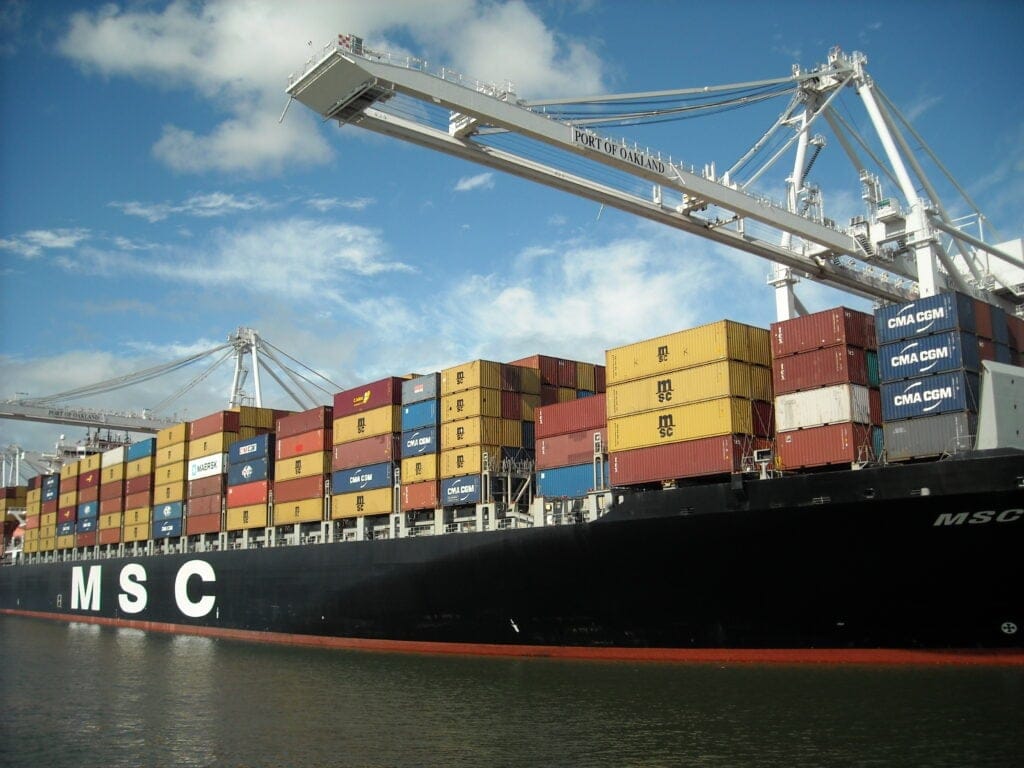
As many areas of the world are starting to experience COVID-19 recovery, there is a renewed need for business travel. Research conducted in late 2021 by the Institute of Travel Management found that the return to travel is the industry’s biggest priority this year. Employees are eager to collaborate with one another and clients in person, off screens and in real time.
For travel managers, this means balancing pre-pandemic duties with new responsibilities to help ensure the efficiency and well-being of their teams. Here’s how the resurgence of business travel this year is reshaping the travel manager role.
Prioritising employee safety
A main challenge for travel managers continues to be operating within evolving pandemic restrictions, which vary across countries and cities. It’s important that travel managers keep tabs on changing or easing mandates. They must also stay up-to-date on other less-considered factors, like political instability, availability of healthcare abroad and accommodation security.
Building long-term, lasting travel systems
In the early and unknown days of the pandemic, travel managers helped implement temporary solutions. Many of these involved completely halting movement, followed by policies that addressed business-critical travel only.
As COVID-19 restrictions ease, the focus has shifted toward creating more permanent travel policies that address the current climate. A 2022 GBTA survey highlights tactics like temporary increased booking restrictions and assisted bookings, a more robust approvals process and an interest in adopting more innovative online booking tools.
Adapting to hybrid work and travel flexibility
The more permanent nature of hybrid work is also changing the landscape of business travel. With employees dispersed among more locations, travel managers may experience an increase in people needing to move around for their jobs. The boundary between regular commuting and business travel is also blurring, so travel managers may find themselves handling some of those increased costs and requirements.
Within these newer and more customised working arrangements, business travellers are also prioritising flexibility. This means travel managers must accommodate the desire for more diverse partner offerings, like approved hotels or holiday rentals. According to SAP Concur’s Global Travel Manager Report, many employees also want alternatives to air travel, like car transportation.
As technology has made working from anywhere easier, more work travellers are combining business and leisure trips as well. According to the Expedia Group’s Traveler Value Index 2022 Outlook, 56% of people who often work remotely will take a leisure trip. This adds to the logistical complexity for travel managers, especially as it relates to company billing or reimbursement.
Consistently incorporating sustainability
As sustainability becomes a core tenet of companies everywhere, business travellers are also clamouring for greener modes of travel. In the above-mentioned SAP report, 63% of survey participants said they expect to make environmentally-friendly decisions when travelling, such as taking shorter-distance trips or avoiding layovers. This may affect the travel manager’s process when it comes to prioritising vendors or locations.
Whether you’re just beginning to think about bringing back business travel or your team is already in flight, learn how Uber for Business can help.
Posted by Carmi Heyman
Simplify travel expenses for your business
Related articles
Most popular

Slashing CI Costs at Uber

Reinforcement Learning for Modeling Marketplace Balance

Advancing Invoice Document Processing at Uber using GenAI





